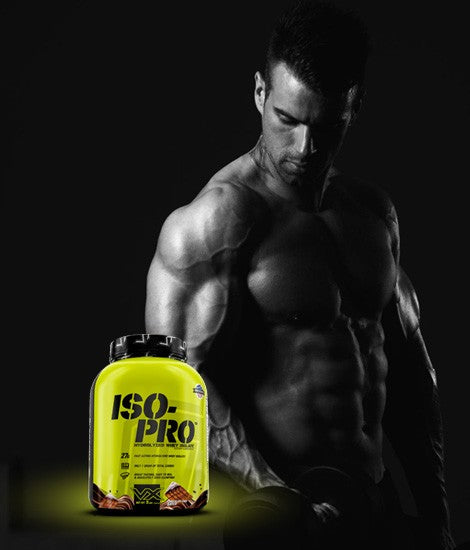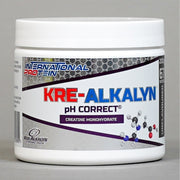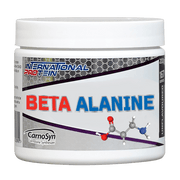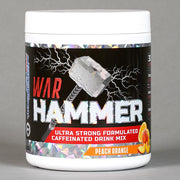It doesn’t matter how hard you train in the gym. If you are not putting the right nutrients into your body, your muscle-building results are going to be disappointing. It is hardly surprising, then, that one of the most frequently asked bodybuilding-related questions on Google is: “What’s the best meal plan to gain muscle?” In this article, brought to you by Nutrition Supplies, we provide the definitive answer.
YOUR OVERALL EATING STRUCTURE
Before we focus on the ideal meal plan to gain muscle, let’s take a step back and look at the structure of what else you’re eating and how frequently you are doing so. The key nutrient for muscle gain is protein. If you don’t get enough of it, you simply cannot grow new muscle.
As a general rule of thumb, you should be consuming between 1 and 1.2 grams of protein per pound of body weight, or 2.2 to 2.6 grams per kilogram of body weight. That’s quite a lot of protein—more than most people are used to. For example, if you weigh 100 kg, you should be taking in about 220 grams of protein per day. That should come from a combination of protein powders and whole foods, spread across five, six, or even seven meals throughout the day.
If our 100 kg guy is eating five meals per day, that’s around 40 grams of protein per meal. So, the first step in creating your muscle-building meal plan is to determine whether you prefer larger, less frequent meals or smaller, more frequent ones.
Some people don’t have a large stomach volume and find it difficult to eat big meals. Experiment a little to find out what works best for your body. If you feel bloated after a large meal, try splitting your intake into seven smaller meals, spaced about 2.5 hours apart. Also consider what time of day you’re hungriest—morning, mid-day, or night—and adjust your meal sizes accordingly.
PROTEIN TIMING MATTERS – BUT NOT TOO MUCH
When it comes to the timing of your protein intake, don’t overthink it. While post-workout protein is important, the total daily intake is what truly matters. That said, after your workout, you should consume a fast-absorbing protein to kickstart muscle recovery and protein synthesis.
The best option? Whey protein isolate (WPI). We recommend International Protein Amino Charged WPI, available at Nutrition Supplies, for its rapid absorption and high amino acid content.
In the evening, when your body is about to fast overnight, you need a slow-digesting protein to prevent muscle breakdown. Look for a protein blend that includes casein, such as International Protein’s Protein Synergy, also available at Nutrition Supplies.
To meet your total protein needs, two to three protein shakes per day are usually necessary in addition to whole foods.
CALORIES: THE OTHER HALF OF THE EQUATION
Your muscle-building meal plan must also include more calories than you burn daily. Aim for about 300–500 calories above your maintenance level.
To determine your maintenance level, spend a week eating consistently and track your intake and body weight. Once you identify your average daily caloric intake, simply add 300–500 extra calories to support muscle growth.
Then, divide those calories across your meals using the same pattern as your protein distribution. Whether you choose 5 equal meals, 3 large and 2–3 smaller snacks, or another structure, just make sure you're hitting your daily totals.
TO SUMMARISE:
Your muscle-building meal plan should include:
-
2.2–2.6 grams of protein per kg of body weight per day
-
300–500 extra calories above your maintenance level
-
Multiple daily meals to help spread nutrient intake evenly
WHAT TO EAT TO BUILD MUSCLE
To grow lean muscle, your body needs all three macronutrients: protein, carbs, and fats.
Protein sources should include:
-
Poultry
-
Eggs
-
Fish
-
Red meat
-
Protein powders like International Protein (available at Nutrition Supplies)
If you’re under 35, carbs are crucial for fuelling workouts and recovery. Prioritize:
-
Oatmeal
-
Rice
-
Pasta
-
Creamed rice
-
Vegetables and fruits (especially leafy greens and colorful veggies)
Be mindful: Overloading every meal with fruits and vegetables may cause you to fall short of your calorie target due to their low energy density. Limit processed or sugary carbs and focus on clean, whole sources.
Healthy fats should come from:
-
MCT Oil
-
Avocados
-
Olive oil
-
Nuts
Fats contain more than double the calories of carbs and protein, so they’re an efficient way to meet your caloric needs.
CAN YOU GAIN MUSCLE JUST BY EATING?
No, food alone won’t build muscle. Muscle growth begins with resistance training, which creates micro-tears in muscle fibers. Nutrition then supports the repair and regrowth process, helping the muscle come back stronger and bigger.
The foundation of muscle building is progressive resistance training, paired with a strategic nutrition plan—like the one you can build using products from Nutrition Supplies.
For high-quality protein powders, mass gainers, and essential supplements to support your muscle-building journey, visit Nutrition Supplies—your trusted source for results-driven nutrition.







